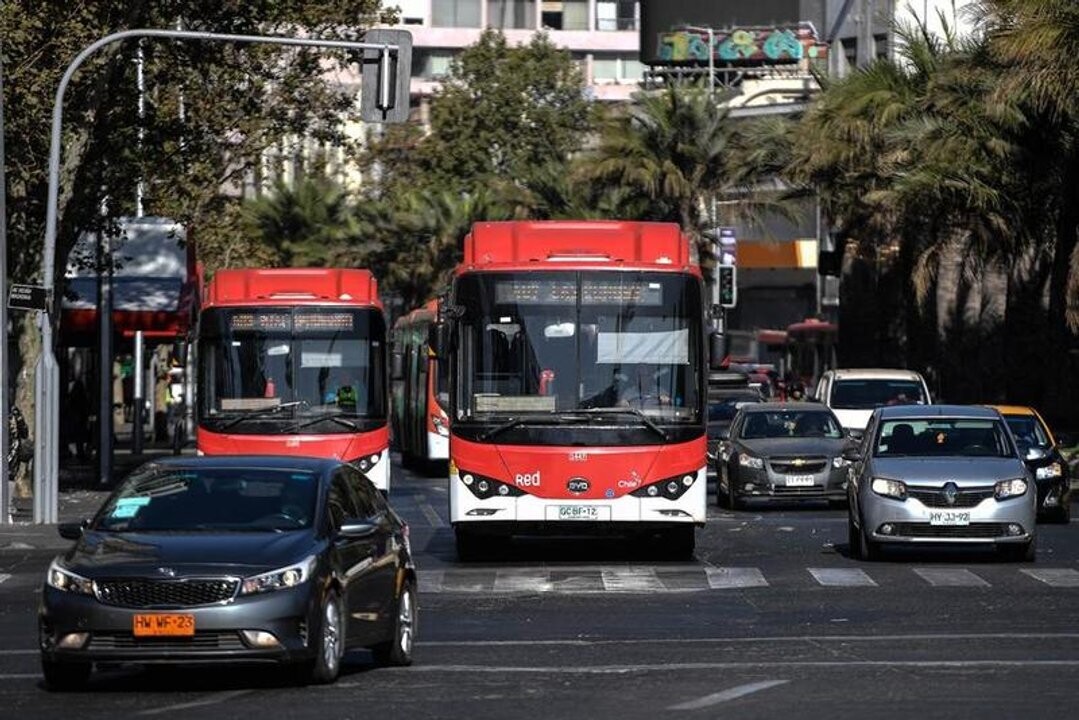
Electromobility in Chile has been driven by public-private partnership and the contribution of electric distributors in providing charging infrastructure, according to Paola Tapia, director of Metropolitan Public Transport (DTPM). In this context, Chinese buses have played an important role by meeting high standards of comfort and safety, certified according to European and American regulations to operate in the country.
In this sense, all electric buses currently in circulation in Chile come from China, from six different brands that have contributed various technologies to the local market. These buses have helped reduce acoustic pollution emissions and toxic gases in Santiago, the Chilean capital, where a fleet of 4,400 electric vehicles is projected by the end of the year.
During the presentation of the "First electromobility report of the metropolitan public transport system", the authorities of the DTPM emphasized the efficiency of the iconic red buses of the city, which have become a symbol due to their characteristics and positive impact on urban transport.
Paola Tapia explained that, after eight years since the beginning of electromobility in the capital in 2017, relevant information on environmental, economic, and social issues has been consolidated. With the incorporation of low-emission, high-efficiency Euro 6 buses, along with friendly electric buses, pollutant emissions in Santiago have been significantly reduced.
In the Metropolitan region of Santiago, which has a population of more than 7 million inhabitants, there is an operational fleet of 6,500 buses, of which 2,550 are electric and a similar amount corresponds to Euro 6 buses. It is expected that by the end of the year an additional 1,800 zero-emission buses will be added, which will represent 68% of the operational fleet, with 4,400 electric buses.
The implementation of electric buses has significantly contributed to reducing noise levels in the city, especially along the main transport axis Alameda-Providencia, decreasing noise by 44% between 2019 and 2023. Furthermore, it was highlighted that an electric terminal emits 40% less noise than its diesel counterparts, which improves working conditions for drivers.
Currently, Chile has 28 electric terminals in the capital and plans to install 20 more during the current year. Among the findings of the reported study, it was highlighted that 70% of drivers perceive electric buses as more friendly, which has facilitated their work.
In eight years, the value of the buses has decreased by approximately 50%, reflecting the progress and adoption of electromobility in the country. Paola Tapia concluded by expressing optimism that the revolution in transport in the Chilean capital will continue this year.













